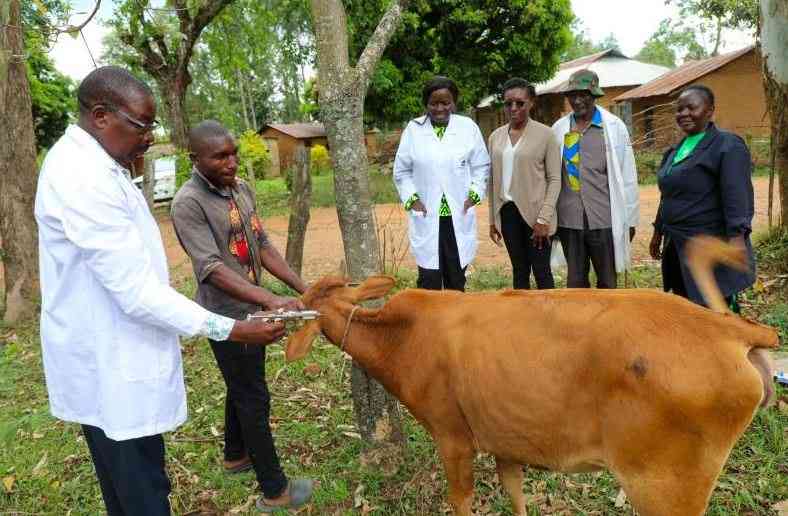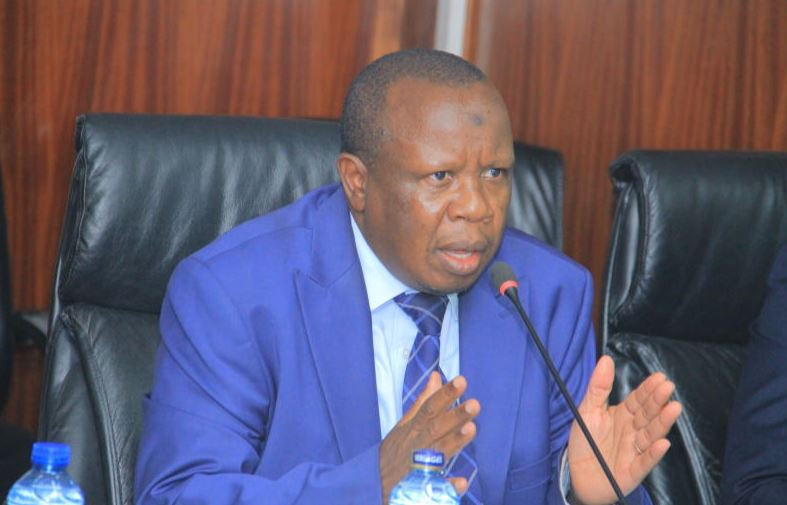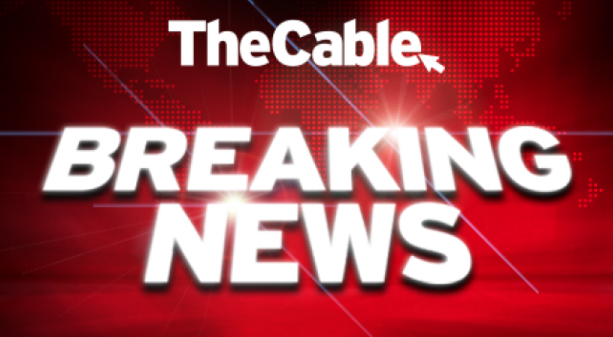Ghana's inflation drops to 22.4% in March 2025

Ghana's annual consumer inflation rate has demonstrated a positive trend, declining for the third consecutive month to reach 22.4% in March 2025, a notable decrease from the 23.1% recorded in February 2025. This welcome development, according to the Ghana Statistical Service (GSS), is largely attributable to the easing of pressures on food prices, a significant component of the overall inflation basket.
The Government Statistician, Samuel Kobina Annim, highlighted this achievement at a press conference held in Accra on Wednesday, characterizing it as a significant drop in inflationary pressures, particularly within the food sector. He emphasized that "the rate of 22.4 per cent is the lowest in the last four months," signaling a positive shift in the country's economic landscape.
A detailed analysis reveals that food inflation experienced a substantial decrease in March, falling to 26.5% from the 28.1% recorded in February. Non-food inflation also registered a marginal decline, edging down from 18.8% to 18.7%. This broad moderation in price growth suggests a comprehensive cooling of inflationary pressures across various sectors of the economy.
Further dissecting the data, inflation for locally produced goods witnessed a decline, moving from 25.1% to 24.0%. However, the inflation rate for imported items exhibited a slight increase, rising to 18.7% from 18.5% in the previous month. This uptick warrants attention, as it could indicate the impact of exchange rate fluctuations and global commodity price volatility on Ghana's import-dependent economy.
The timing of this easing of inflation is particularly noteworthy, as it closely follows a surprise move by the Bank of Ghana (BoG) to raise its benchmark interest rate by 100 basis points to 28 per cent. The central bank justified this decision by emphasizing the necessity of maintaining a tight monetary policy stance to further curb inflation. Analysts have observed that "the recent decline in inflation aligns with the monetary measures being implemented to stabilize price growth," suggesting that the BoG's proactive measures are beginning to yield positive results. The unexpected rate hike underscores the central bank's commitment to ensuring price stability amidst ongoing economic challenges.
Examining inflation across different sectors reveals that Food and Non-Alcoholic Beverages recorded an inflation rate of 26.5%, while Housing, Water, Electricity, Gas, and Other Fuels registered 25.1%. These figures exceed the national average, highlighting the continued pressure on household budgets in these essential areas.
Regionally, disparities in inflation rates persist. The Upper West Region recorded the highest inflation rate at 36.2%, reflecting localized economic challenges. Conversely, the Volta Region experienced the lowest inflation rate at 18.9%, indicating relatively stable price conditions in that region.
In summary, Ghana's declining inflation rate in March 2025 represents a positive step towards economic stabilization. The combined effects of easing food price pressures and proactive monetary policy measures by the Bank of Ghana appear to be contributing to a more favorable economic outlook. However, continued vigilance is warranted to address regional disparities and monitor the impact of global economic factors on imported goods.









